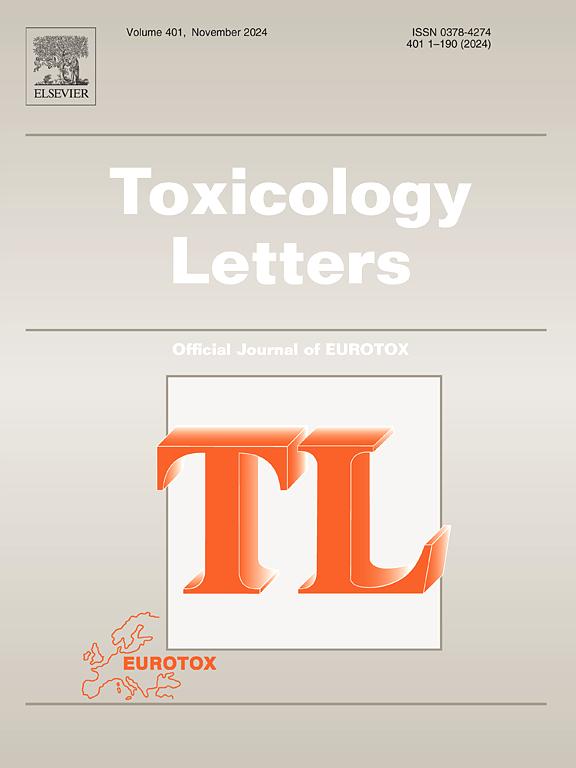肠道微生物组在铅暴露与儿童神经发育之间的关联中的作用
IF 2.9
3区 医学
Q2 TOXICOLOGY
引用次数: 0
摘要
铅对发育中的大脑有剧毒。鉴于其在环境中的持久性,需要新的干预策略来减轻铅对儿童神经发育的影响。肠道微生物组,指的是居住在胃肠道系统中的细菌和微生物,可能是一个可行的干预目标。这篇简短的综述总结了最近将肠脑轴与儿童发育结果联系起来的证据。我们探索铅诱导的肠道微生物组效应如何间接影响儿童神经发育,从而破坏或抵消这一中介过程可以缓冲铅对儿童发育结果的影响。关于儿童微生物群多样性和儿童认知和行为结果以及铅暴露和成人微生物群多样性的意外发现进行了讨论。在可能的情况下,我们在观察到的相对细菌丰度的变化、提出的细菌功能和对大脑发育的下游影响之间建立联系。我们还探讨了肠道微生物群如何通过阻碍铅在胃肠道中的吸收或通过肠道微生物群不适合介导途径的间接机制来改变铅的毒性。在这种情况下,促进肠道微生物群的缓冲能力可能会减少铅对儿童神经发育的影响。这篇简短综述的目的是引起人们对肠道微生物群在铅暴露与儿童神经发育之间关系中的潜在作用的关注,并着眼于干预。本文章由计算机程序翻译,如有差异,请以英文原文为准。
The role of the gut microbiome in the associations between lead exposure and child neurodevelopment
Lead is highly toxic to the developing brain. Given its persistence in the environment, new intervention strategies are needed to mitigate the impacts of lead on child neurodevelopment. The gut microbiome, referring to the bacteria and microorganisms residing in the gastrointestinal system, may be a viable target for intervention. This short review summarizes recent evidence linking the gut-brain axis to child developmental outcomes. We explore how lead-induced effects to the gut microbiome could indirectly affect child neurodevelopment, such that disrupting or offsetting this mediating process could buffer the effects of lead on child developmental outcomes. Unexpected findings with respect to child microbiota diversity and child cognitive and behavioral outcomes as well as lead exposure and adult microbiota diversity are discussed. When possible, we draw connections between observed changes to relative bacterial abundance, proposed bacterial functions, and downstream effects to brain development. We also explore how the gut microbiome might modify the toxicity of lead by impeding the uptake of lead across the gastrointestinal tract or through indirect mechanisms in such ways that the gut microbiome does not fit within a mediating pathway. In this case, promoting the buffering capacity of the gut microbiome may reduce the impacts of lead on child neurodevelopment. The goal of this short review is to bring attention to the potential role of the gut microbiome in the associations between lead exposure and child neurodevelopment with an eye towards intervention.
求助全文
通过发布文献求助,成功后即可免费获取论文全文。
去求助
来源期刊

Toxicology letters
医学-毒理学
CiteScore
7.10
自引率
2.90%
发文量
897
审稿时长
33 days
期刊介绍:
An international journal for the rapid publication of novel reports on a range of aspects of toxicology, especially mechanisms of toxicity.
 求助内容:
求助内容: 应助结果提醒方式:
应助结果提醒方式:


